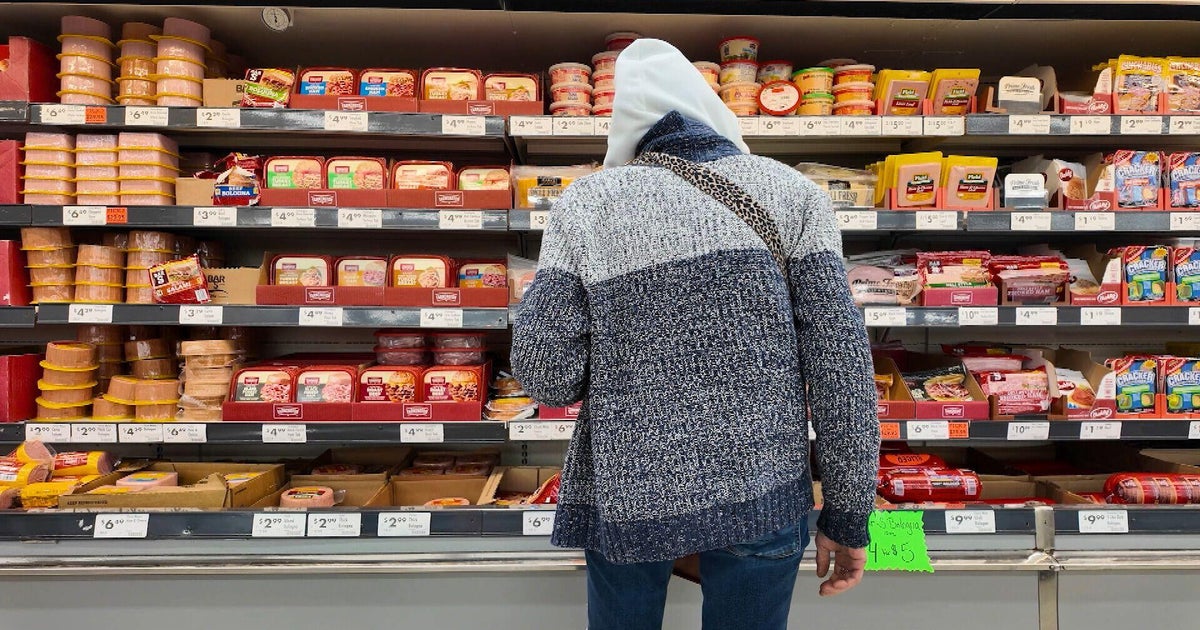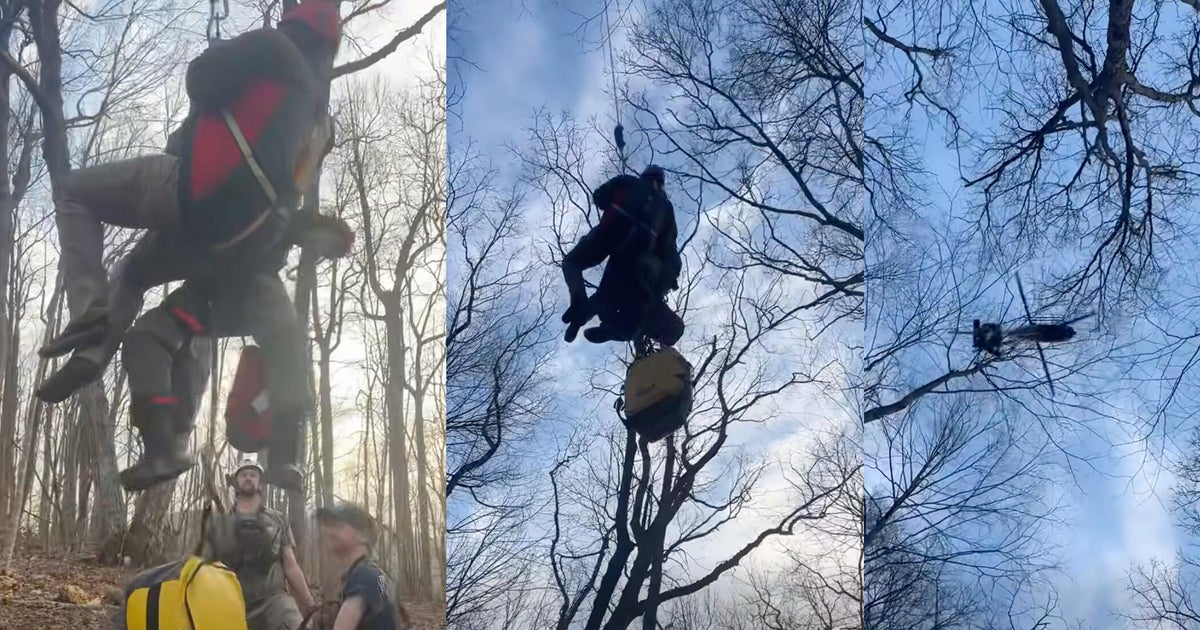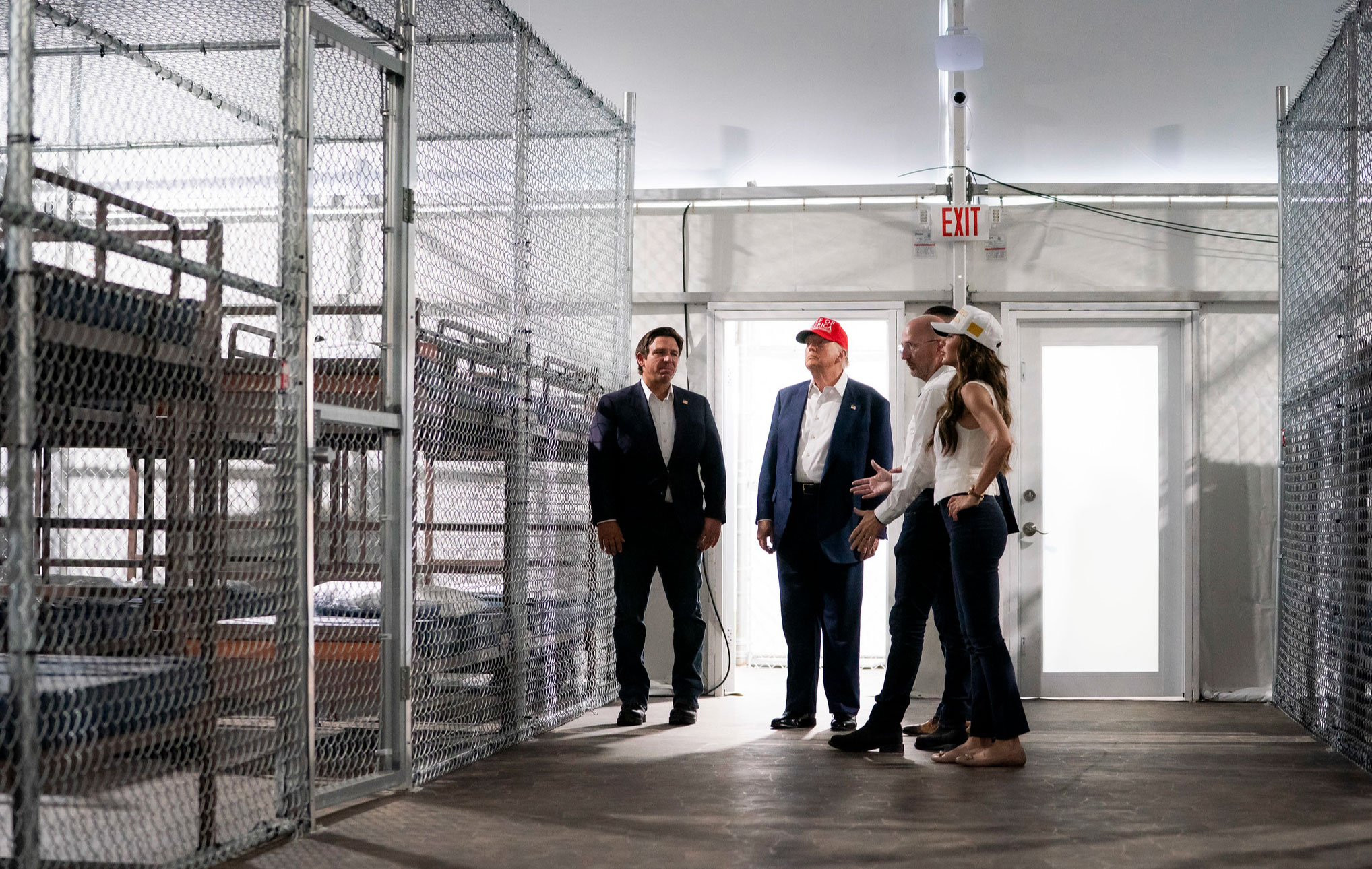How Georgia secured its presidential and runoff elections
Eight days ago, Georgia Secretary of State Brad Raffensperger was at home when he received a phone call from the President of the United States. It was the eighteenth time President Donald Trump attempted to call Raffensperger following the November Election.
In a highly unusual move, the President had already directly called an investigator from Raffensperger's office, telling them they would be a national hero if they found evidence of fraud. But no evidence was found that would change the outcome of the election.
For about an hour on his call with Raffensperger, Mr. Trump rambled through a list of false claims and disproven allegations about voter fraud in Georgia, incorrectly stating 30 times that he won the 2020 Presidential Election. When Raffensperger, a lifelong Republican and the elected official tasked with overseeing Georgia's elections, rebuffed Mr. Trump's request to "find 12,000 votes," the president resorted to threats. The Secretary of State was unmoved.
On Sunday's broadcast of 60 Minutes, Raffensperger further rebutted false claims made by Mr. Trump and his allies in an interview with correspondent Scott Pelley.
In the previously unreleased clip above, Raffensperger explains how Georgia implemented a new online absentee ballot portal that included a photo ID component and signature matching elements, voting processes that have drawn sharp criticism from Democrats who say it disenfranchises voters.
Surveillance footage from Fulton County
Gabriel Sterling did not sleep in his own bed the night a violent mob of protestors stormed the United States Capitol. The Republican and Chief Operating Officer for the Georgia Secretary of State was the recipient of death threats warning him to "sleep with one eye open" and including images of his house.
Sterling and his boss, Georgia Secretary of State, Brad Raffensperger, oversaw the 2020 Presidential Election and 2021 senate run-off elections in the Peach State. Both officials began receiving death threats after Mr. Trump and Georgia outgoing senators David Perdue and Kelly Loeffler alleged widespread voter fraud and called for Raffensperger to resign. He refused.
Since the November Election, Sterling has been on a mission to prove the inaccuracy of claims made by Mr. Trump, his personal attorney Rudolph Giuliani and other lawyers closely associated with the Trump campaign.
"It's like having a shovel in your hand and trying to empty the ocean," Sterling told 60 Minutes about his effort to fight Mr. Trump's false claims. "I have this tortoise and hare thing in my head going. If I just keep on going out and telling the truth and I keep on doing it, at some point it's going to get through."
On Sunday's episode of 60 Minutes, Sterling showed correspondent Scott Pelley how Giuliani touted selectively edited surveillance video from Fulton County to question the integrity of Georgia's election.
"What's frustrating to me is they had this whole video," Sterling told Pelley in the video above. "They know what happened here. They [are] intentionally misleading people and that's what's so frustrating. It's one thing to think you have suspicions, but to intentionally mislead people using falsified evidence by giving them only part of it is infuriating."
The Secretary of State's office posted unedited surveillance footage taken from Fulton County's State Farm Arena for the public to access.
The facts behind Georgia's Dominion voting machines
When Mr. Trump called Georgia Secretary of State Raffensperger on January 5, in an effort to change the outcome of the 2020 election, the President mentioned the state's use of Dominion voting machines nearly a dozen times.
The voting machine company became a target of conspiracy ramblings and unsuccessful legal motions filed by Trump-affiliated lawyers before entering the consciousness of Mr. Trump himself.
In the web extra above, Raffensperger told 60 Minutes the Dominion machines provide a "verifiable paper ballot trail" that insured the Georgia vote tabulation was correct.
Chris Krebs further supported the assertion. The former Director of the Cybersecurity and Infrastructure Security Agency (CISA) who was tasked with securing the 2020 Election told Scott Pelley in November that paper ballots verify that "there was no malicious algorithm or hacked software that adjusted the tally of the vote."
The videos above were produced by Keith Zubrow and Sarah Shafer Prediger. They were edited by Sarah Shafer Prediger.



